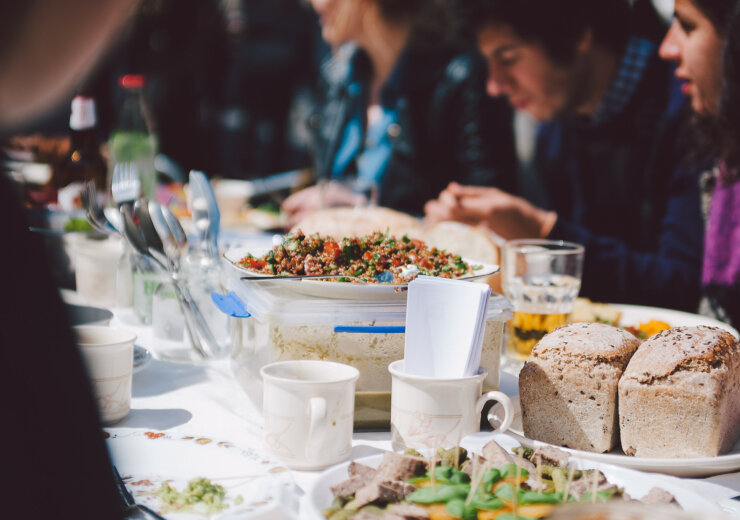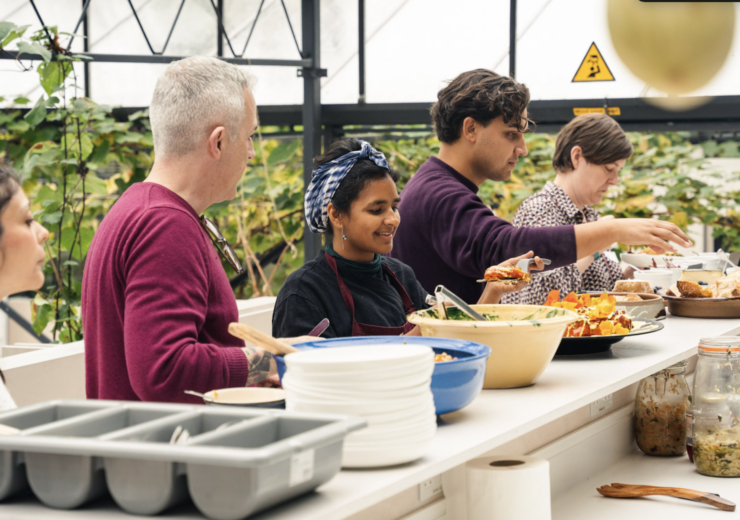What does it mean to have a right to food in the UK today? What difference could a real, inclusive right to food make, in ensuring that everyone can live well, not just survive?
Current industrial food systems prioritise private profit, leave people hungry and damage the ecosystems on which we all rely. Food sovereignty and the right to food have the potential to change policies and practices, to put people and ecological resilience, instead of profit, at the centre of food systems. However, without collaborative and constructive work to make it tangible, the right to food could become an empty slogan that fails to make a real difference.
Governments have a duty under international law to nourish their citizens. However, the staggering levels of poverty and hunger we see today are proof that we are far from this right being realised. We recognise that the right to food could be a powerful tool for change; but what would it look like? How would it be properly fulfilled? Who risks being excluded?
We’ve been exploring these questions, and many more, to understand the role that the right to food can play in building an anti racist, equitable and nourished society. We’re certainly not the first organisation to explore the right to food. Many NGOs and charities have activated the right to food as a tool to hold the government accountable for food insecurity. Many academics and institutions are scrutinising, researching and challenging different understandings of the right to food in global contexts, as well as local ones. And there’s a burgeoning campaign for cities to commit to being a Right to Food place.
In the coming months, we will be working in collaboration with researchers, advocates and grassroots communities, to explore what is needed to unlock the right to food as a lever for change. We know that any meaningful exploration of the right to food needs to place it within firm philosophical and pragmatic boundaries, that is, exploring different visions, ethical tensions and challenges, as well as tangible practicalities.
Whilst many questions remain, we can firmly say what a right to food is not. Emergency food aid is not a right to food. A real, inclusive right to food must go much deeper: the right to nourishing, culturally appropriate, accessible food, produced fairly. And, the right for communities to provide for themselves, rather than being provided for. This raises the urgent dimensions of access to land, healthy soils, and seed sovereignty.
We also believe that a right to food must be universal. We recognise that some framings of a right to food are exclusionary, for example to those who aren’t deemed ‘citizens’ by the state, or those with no recourse to public funds.
If you’d like to get involved in this emerging work, please get in touch.
Where to start? Useful resources:
- The right to food in the UK: an explainer
- No Recourse to Public Funds and the violation of rights
- Nothing left in the cupboards: austerity, welfare cuts, and the right to food
- The right to food in Scotland: affording to eat well in a good food nation
- Monitoring inclusion and the right to food and nutrition in Europe
- ‘The right to adequate food is the right to dignity and life’
- What is food sovereignty?


